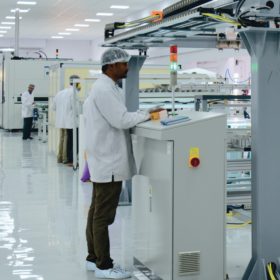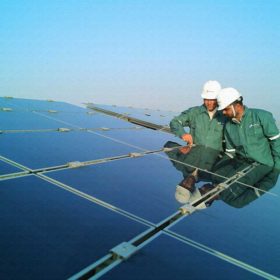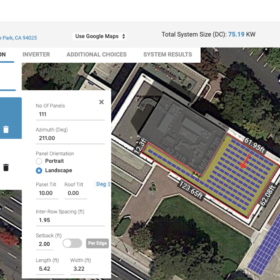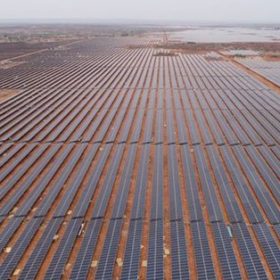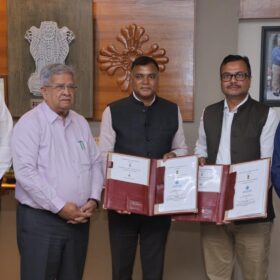Covid-19 and dependence on China’s PV supply chain
The Asian Development Bank says developing countries in Asia and the Pacific should consider developing their own solar industry supply chains as the Covid-19 pandemic has exposed their over-reliance on China to carry through the energy transition.
Covid-19: The going gets tough for solar manufacturers
Solar season had already started in the month of March. The demand for solar consumption is the highest during April-June quarter as summer picks up. This is the time when factory runs with full efficiency. India was estimated to install nearly 8 GW of solar panels in 2020, in which 90% consumption happens in utility-scale […]
Can solar industry tide over the Covid-19 crisis?
Planning ahead is crucial to ensure the Indian solar industry bounces back quickly and the slowdown is not carried forward to 2021-22, say BloombergNEF analysts even as they estimate 75% fall in PV imports in the first quarter of year 2020 over the previous quarter and revise annual capacity addition forecasts.
Covid-19: MNRE terms utility-scale solar power generation ‘essential service,’ allows related material and personnel movement
The ministry further announced waiver from section 144, Nationwide Lockdown, Curfew, or any other limitation on the number of people required for operation and maintenance of solar power plants. The directive came a day after lobby group National Solar Energy Federation wrote to the ministry asking for waivers.
Covid-19: Discom revenue dip could spell trouble for PV producers
Sliding electricity demand and declining commercial and industrial activity could prompt distribution companies to block or delay payments to solar power producers.
Delhi discom BRPL deploys Enact’s cloud platform to manage solar approvals
The digital platform automates the entire distributed solar project design and net metering approval process, which is crucial in today’s era of social distancing and remote business operations driven by COVID-19 globally.
Analyst expects recovery for PV and storage supply chains
U.S.-owned analyst Wood Mackenzie expects solar demand to decline but predicts the market will recover, with the prospects for the energy transition remaining intact.
Optimistic solar outlook dimmed by COVID-19 – Bridge To India
Developers are also expected to drag their heels over project completion during the first half of the year as the safeguarding duty applied to imported Chinese and Malaysian solar products is due to expire at the end of July.
India Ratings maintains stable outlook on solar sector for FY2020-21
Contracted revenue, minimal volume risk and moderate-to-strong counterparties mitigate cash flow concerns in solar assets.
Trade shows postponed over coronavirus fears
As the contagion continues to spread, its impact is beginning to be felt on the solar industry outside China with the cancellation or postponement of major trade shows and conferences that were set to take place over the next few weeks.

